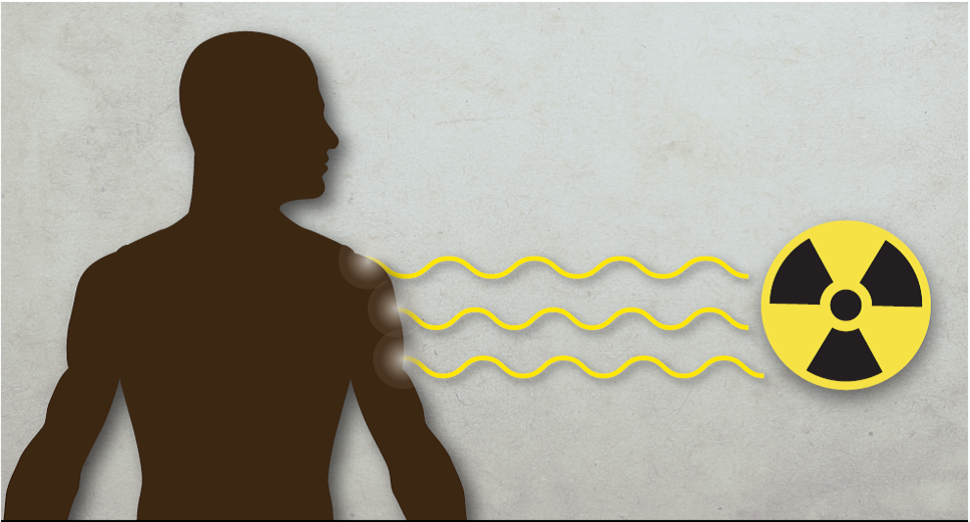Low Dose Radiation Linked with Elevated Risk of Cardiovascular Disease
, by Maura Kate Costello, M.A.
While radiation-exposure at high doses is known to cause heart damage, the risk of heart disease from moderate and low doses (<0.5 Gy) has been unclear. In this systematic review, an international team of investigators found that exposure to low doses of ionizing radiation was associated with increased risk of cardiovascular disease (CVD) in a dose-dependent pattern, suggesting the need for increased vigilance around medical and occupational exposure to radiation. These findings were published in the British Medical Journal on March 9, 2023.
The panel of radiation experts, led by Mark Little, D.Phil., senior investigator in the Radiation Epidemiology Branch, systematically reviewed 15,098 studies of all ranges of radiation exposures ever published, from which 93 studies that were deemed informative and not too substantially overlapping were selected. Most of the 93 studies selected were published over the last decade, and about half relate to moderate dose (less than 0.5 Gy) or low dose rate (less than 5 mGy/h) exposure. The investigators found a statistically significant increased excess lifetime risk of 2.3 to 3.6 deaths per 100 persons exposed to one Gy of radiation. For reference, dose to the heart from a single computed tomography (CT) scan is 0.0005 — 0.015 Gy. The largest excess relative risk per unit of radiation absorbed was for stroke, but there was also significant excess risk for coronary heart disease and other types of heart disease. Significantly, the predicted lifetime risk for radiation-induced CVD was comparable to that of radiation-induced cancer.
The findings of this meta-analysis have implications for patients who are exposed to radiation as part of their medical care, as well as for policymakers involved in managing radiation risks to radiation workers and the public. While most individuals receive very low doses of medical radiation (e.g. a CT scan), for the tens of millions of patients who undergo procedures with higher doses of radiation exposure— e.g. radiation therapy, radionuclide therapy, or some types of medical imaging and/or interventional procedures — the potential increased risk of radiation-induced CVD should prompt vigilance to manage other modifiable cardiovascular risk factors, such as obesity, cigarette smoking, elevated cholesterol, hypertension, etc. There should also be consideration of screening for CVD among those who have received substantial doses of radiation to the circulatory system.
Reference:
Little, M., et al. Ionising radiation and cardiovascular disease: systematic review and meta-analysis. British Medical Journal 2023.
